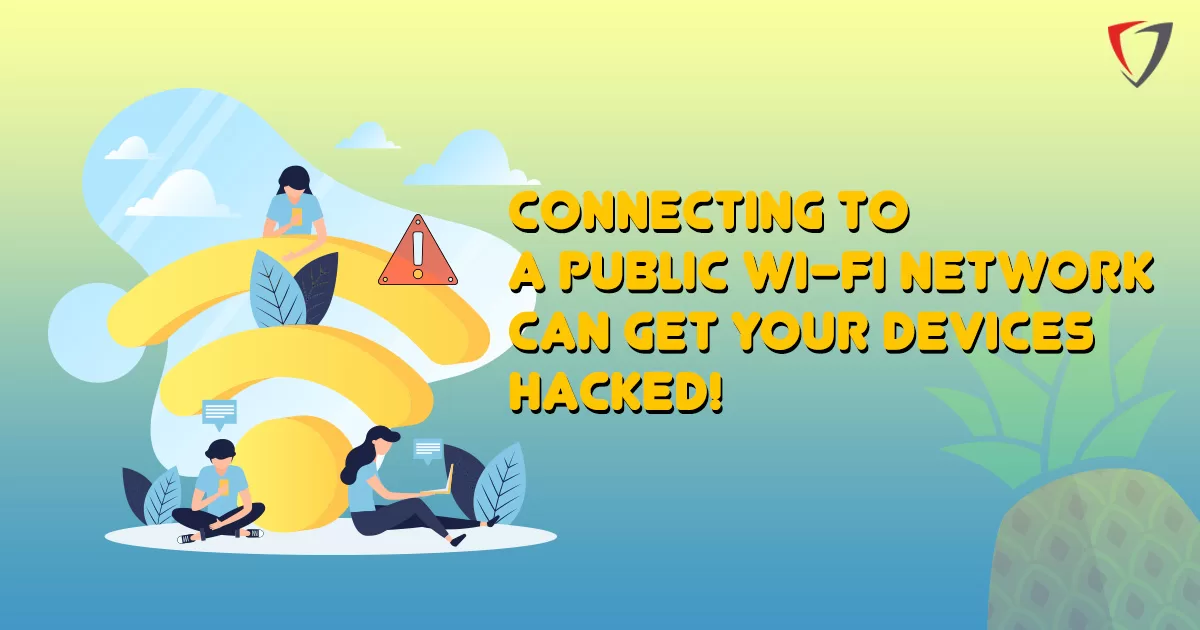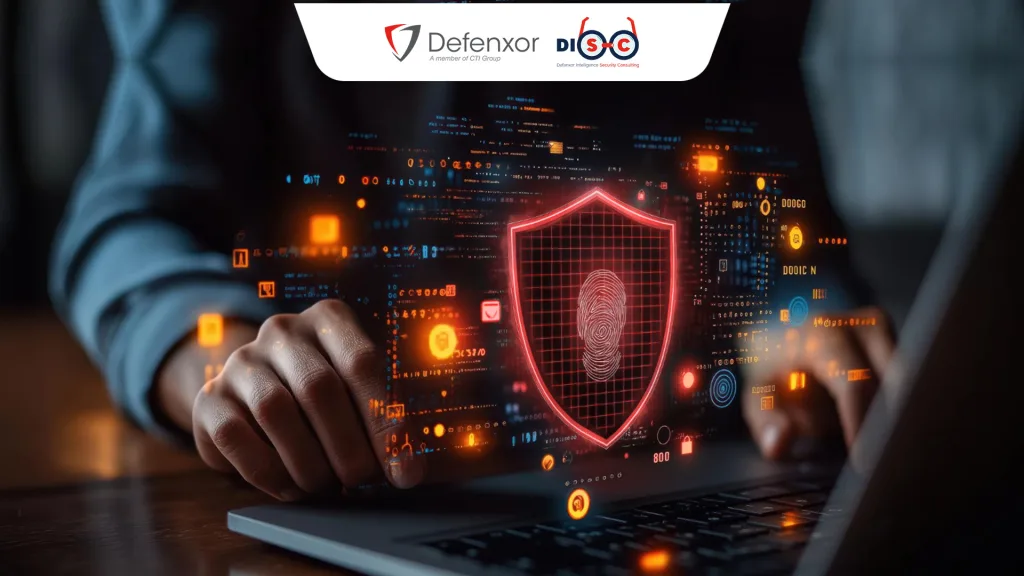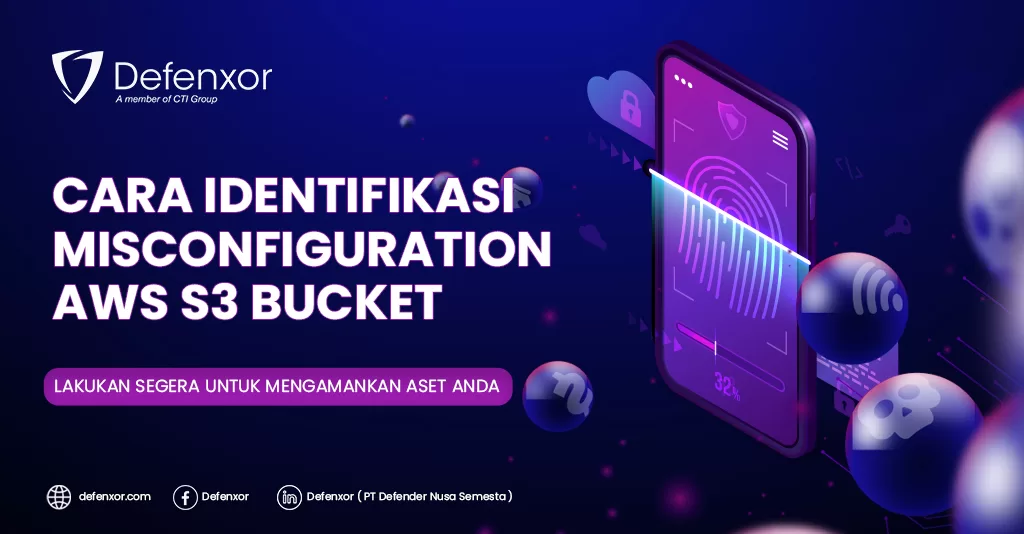In today’s interconnected world, public Wi-Fi networks have become the norm. It can be found in shopping malls, hotels, restaurants, and even amusement parks. If you ever connected your device to such networks, you must be careful as your device may not be safe from attacks executed by malicious actors. In this post, we will show you how hackers can gain access to your device and know your browsing history and the display on your phone with the Dwall module from Wi-Fi Pineapple Nano.
Wi-Fi Pineapple is a piece of hardware that was originally created for network penetration testing, especially for wireless penetration testing. However, as time goes on, this hardware is often misused by hackers to execute various attacks such as sniffing, spoofing, and man-in-the-middle attacks (MITM). The steps listed below will show you how easy it is for hackers to hack your phone over a public Wi-Fi network with the Dwall module from Wi-Fi Pineapple Nano:
-
Hackers can download the Dwall module from Wi-Fi Pineapple Nano’s dashboard. This module allows them to create an SSID.
-
After downloading and installing the module, they will need to enable the PineAP, as seen below:
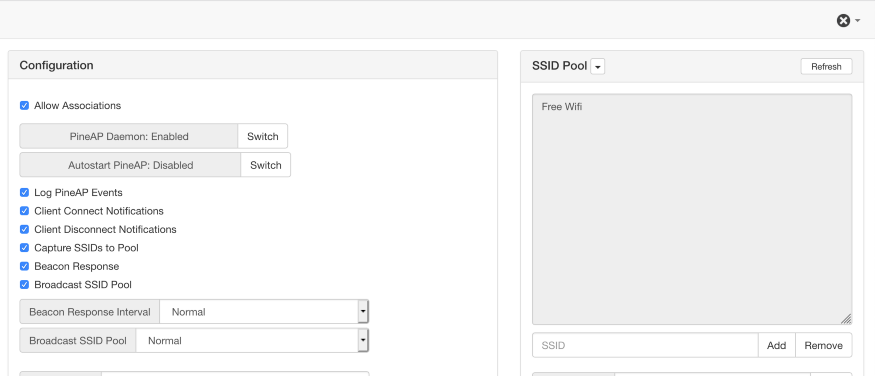
-
Hackers will then add the name of the public Wi-Fi network to the SSID pool. This will let the name to appear on the victim’s phone when they turn on and search for Wi-Fi.

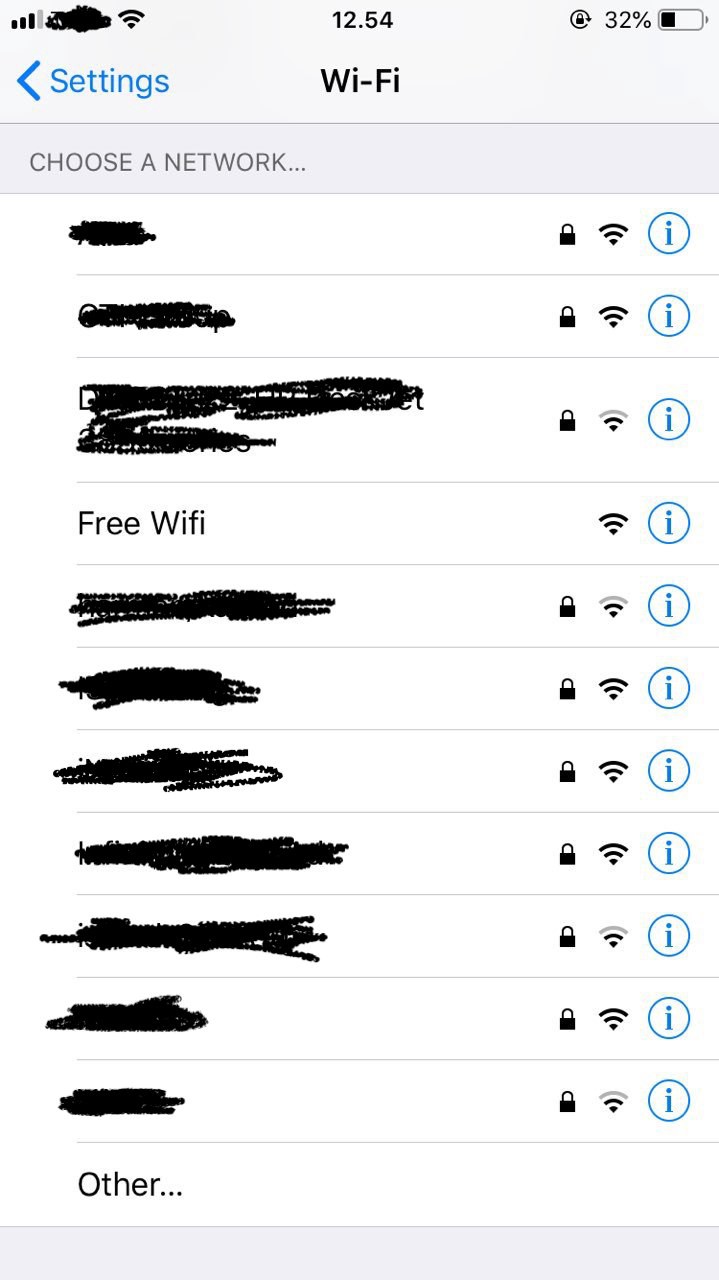
-
Once the victim connects to the PineAP SSID (the public Wi-Fi network) created by the hackers, they will be notified via the Pineapple Nano’s main dashboard. In the client’s tab (menu), they can see which victims’ devices are connected to their PineAP.

- Dwall will allow hackers to listen and sniff all network traffic accessed by the victim. Moreover, Dwall will also log all the URL, cookies, and images accessed by the victim.
Yes, technological developments like Wi-Fi has made our lives easier, but users have to realize that there are many threats that come with it. One’s awareness about security plays a crucial role in encountering these threats. As shown in the article above, it is easy to gain access to your device, so you need to be very careful the next time you are connected to a public Wi-Fi network. It is also advisable that additional security measures are taken such as having an antivirus or antimalware software installed on your device.
As one of the IT security experts in Indonesia, Defender Nusa Semesta (DNS) hopes that this article can raise your awareness about the dangers of connecting to a public Wi-Fi network and make you think twice the next time you are out in public.

